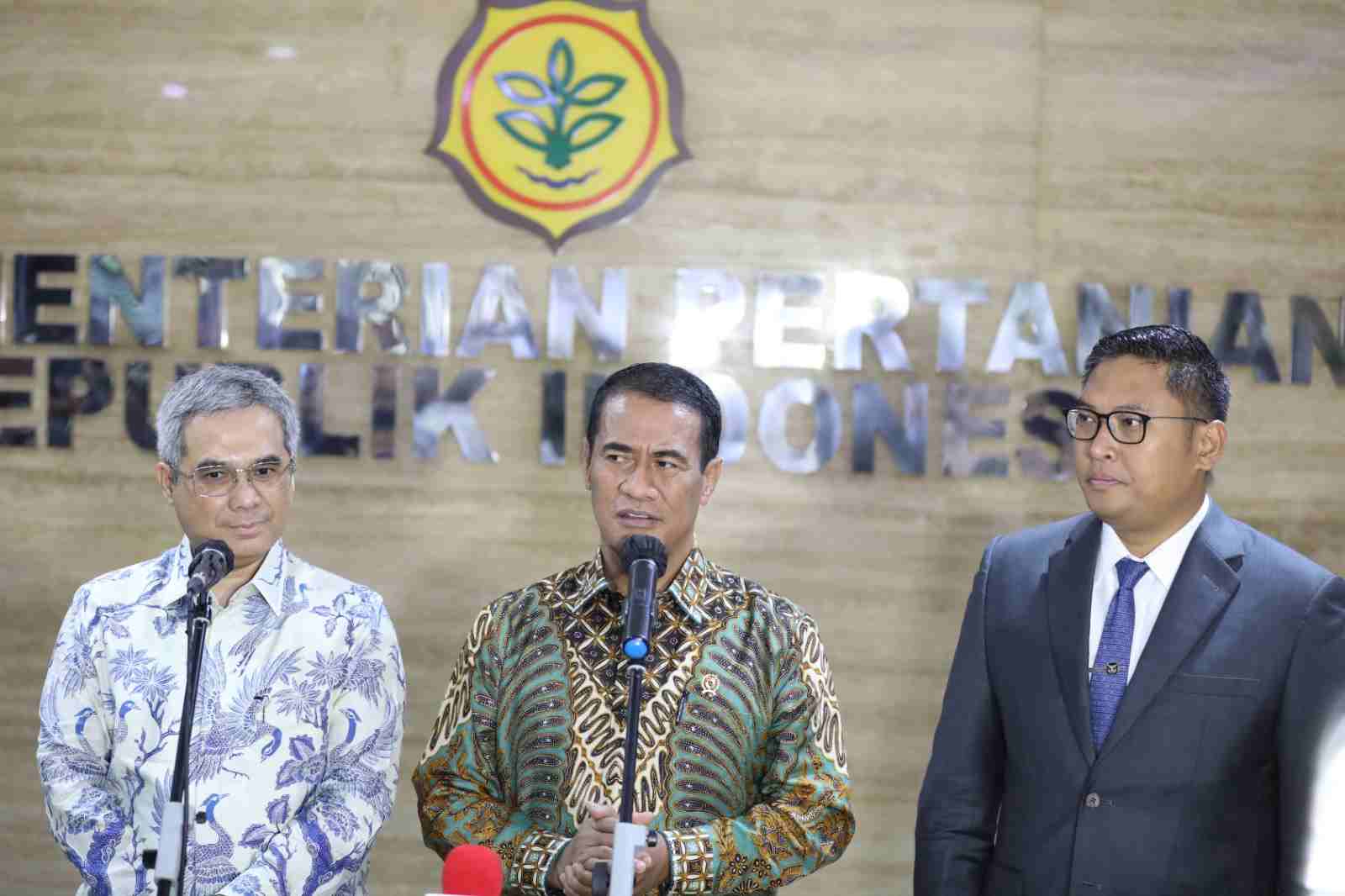B50 Biofuel Initiative: Indonesia’s Strategy to Slash Diesel Imports and Support Palm Oil Farmers
He hopes the B50 program will not only reduce diesel imports but also increase CPO prices in the international market, benefiting Indonesian farmers, who are the largest CPO producers with a market share of 58-60%.
Amran emphasized Indonesia’s potential as a major global CPO supplier, assuring that this policy would not cause significant issues due to the country’s ample CPO supply.
“We have the world’s largest CPO raw material supply, 58-60%. We believe there will be no issues, God willing, it’s secure,” he said.
However, some experts stress the need to address issues in the upstream palm oil sector to ensure the sustainability of the biodiesel program.
Head of the Sustainability Division of the Indonesian Biofuel Producers Association (Aprobi), Rapolo Hutabarat, highlighted the importance of resolving upstream issues to ensure raw material availability.
“This issue must be addressed immediately, especially in the upstream sector. Many tasks need to be done here because it determines the availability of raw materials,” Hutabarat stated during a Focus Group Discussion themed “Biodiesel for the Nation.”
He noted that the sustainability of biofuel blending programs, such as B40 and potential increases to B45 or B50, heavily depends on upstream raw material availability.
Hutabarat expressed hope that the government would promptly resolve upstream sector issues to achieve Indonesia’s ambitious palm oil industry goals, including a 100 million ton CPO production target by 2045.
Secretary-General of the Indonesian Palm Oil Farmers Association (Apkasindo), Rino Afrino, called for improved productivity through upstream sector reforms. He cited challenges such as land legality, with approximately 3.4 million hectares of palm oil land designated as forest areas and at risk of being lost.


Tinggalkan Balasan Batalkan balasan